In India, bank fixed deposits are seen as a most favored asset class and the main reason for the popularity is the assured and fixed return on the investment. Is there any investment option which can provide a better-fixed return of say 9-10% on your investment ?
Isn’t a return of 9-10% appear as a very tempting offer?
Right?
You will always find investors, who are always on the search for a good investment opportunity which offers better returns and at the same time manages risk and liquidity to a large extent.
Given the expensive valuation and huge volatility in equity market over the past several months, Non-Convertible Debentures (NCDs) have evolved as one of the favorite instrument amongst investor community offering a good mix of risk-return profile & ease of liquidity.
Before we start discussing, Non-Convertible Debentures (NCDs) in detail, let’s understand debentures in brief.
Debentures
Debentures are long-term financial instruments which acknowledge a debt obligation towards the issuer.
Some debentures have a feature of convertibility into shares after a certain point of time at the discretion of the owner.
The debentures which can’t be converted into shares or equities are called Non-convertible debentures (or NCDs).
Non Convertible Debentures
Non-convertible debentures are used as tools to raise long-term funds by companies through a public issue.
However, to compensate for this drawback of non-convertibility, lenders are usually given a higher rate of return compared to convertible debentures.
On maturity, the principal amount along with accumulated interest is paid to the holder of the instrument.
In last few years, companies have raised good money through Non-Convertible Debentures (NCDs).
So when Muthoot finance came out with its 3000 crore NCD issue on 9th April 2018, it received an overwhelming response from high net worth individuals and retail investors.
Moreover, the issue was rated by two Credit Rating Agencies – CRISIL and ICRA.
List of NCDs in the year 2017-18:
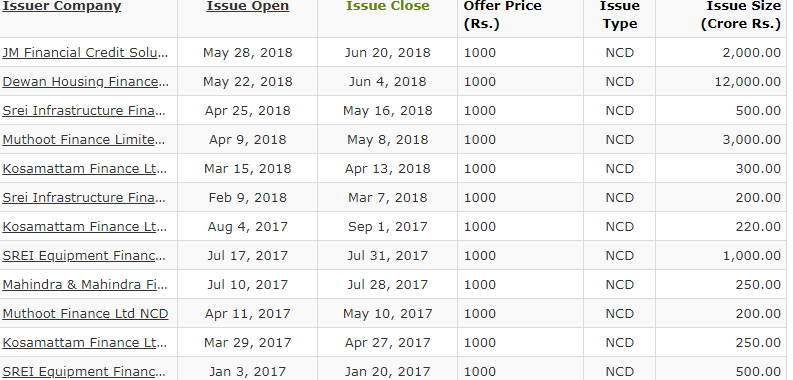
Source: Chittorgarh
Secured and Unsecured NCDs
Non-Convertible Debentures (NCDs) are of two types- secured and unsecured.
A secured NCD is backed by the assets of the company and if it fails to pay the obligation, the investor holding the debenture can claim it through liquidation of these assets.
On the other hand, there is no backing in unsecured NCDs in case company defaults.
However, any company seeking to raise money through NCD has to get its issue rated by agencies such as CRISIL, ICRA, CARE and Fitch Ratings.
Higher ratings (e.g. CRISIL AAA or AA-Stable) means the issuer has the ability to service its debt on time and carries lower default risk.
A lower rating signifies a higher credit risk.
NCDs with Call or Put options
NCDs may have Call or Put options.
If a company issues a ‘Callable Bond’, it means that it can be redeemed by the Issuer (company) before the bond’s maturity.
The issuer can call away from the bond if it is issued in a high-interest rate environment and the rates fall subsequently.
However, a bond with a ‘Put option’ works in exactly the opposite manner, wherein the investor can sell the bond to the issuer at a specified price before its maturity if the interest rates go up after the issuance and the investor has other, higher-yielding investment options.
Know More: Do you Know the Relation between Bond Price and Yield?
Understanding interest rate, Capital gains and risk element in NCDs.
1. Interest rate
In high interest rate scenario, NCDs offer high rates to investors.
The average rates in last few years have been 9-10%.
Most of these were secured NCDs.
Also, companies which carry higher risk give more than others to lure investors for investment.
There can be various options for interest payout such as monthly, quarterly, half-yearly or annually.
However, most NCDs offer annual and cumulative payout.
Investors wish to earn higher returns opt for cumulative option where the interest is reinvested and paid at maturity.
2. Capital Gains
NCDs get listed on stock exchanges where investors can sell it before maturity.
Any gain earned through selling in secondary market is termed as capital gains.
What gains an investor will make depends on the interest rate scenario.
If interest rates are higher than offered by NCD then the returns will be lower if sold through secondary markets and there might be negative return for investors in some cases.
However, if there is fall in interest rates after buying NCD then selling on stock market may prove beneficial as the NCD will demand a premium.
3. Risk factor
NCDs have some inherent risk associated which an investor has to take into consideration before making any investment decision.
The biggest risk is the credit risk.
The company can default on the future payment and if it is unsecured NCD, an investor does not have any recourse.
Most companies get rating through agencies like CRISIL or CARE based on various parameters which investors can check for credibility. A rating of AAA by CRISIL is considered to be highest on safety.
The second risk is the liquidity risk.
Even if NCD get listed, low volumes (case of low rated NCDs) can deprive investors of any opportunity in exiting prematurely.
Benefits of NCDs
1. Helps in fulfilling your goal with a long investment tenure ranging from 2 to as much as 20 years
2. Ratings by agencies like CARE, FITCH, CRISIL, ICRA enables you to assess the quality of debt papers before investment
3. Provides liquidity to your investments due to listing of NCDs on exchanges like NSE & BSE
4. NCDs have limited lock-in period as compared to FDs, which makes them attractive as far as liquidity is concerned
5. There is no Tax Deducted at Source (TDS) on listed debentures
6. Option of holding bonds in ‘Demat Form’ makes your investments easy to handle & monitor
Tax implication in NCDs
1. Sold on the exchange before one year: Short-Term Capital Gains Tax at applicable rates depending on the tax slab you fall into
2. Sold on the exchange before maturity but after one year: Long-Term Capital Gains Tax at the lower of 20% with indexation & 10% without indexation
3. Held till Maturity: Interest earned is added to the total income & taxed at marginal rate of income tax depending on the tax-slab you belong to.
Checklist
Investor should pre-check certain factors before selecting any NCD for investment.
You should look at the company’s financial health and end use of funds.
Any diversion from core business can be a factor to worry.
You should also check the rating of companies which gives an idea of the safety of your investment. A report by CRISIL says that not a single instrument with AAA rating has ever defaulted.
Even though companies with low ratings offer high returns and it’s difficult to resist our temptation.
Avoid such situation and review the overall financial health of companies.
Lastly, look at post-tax returns as higher taxability reduces returns from NCDs too and for 1% more than FDs, the risk may not be worth taking.
Ways to invest in NCDs
1. Public Issue
During the public issue of the bonds, you can invest in them by submitting a physical form furnishing the details as requested.
Also, you can make an investment online through your Demat Account.
2. Secondary Market
NCDs bonds are listed on NSE or BSE or at times on both after the Public Issue.
You can invest in these bonds through your trading account like the way you invest in shares.
Please remember that NCDs have liquidity risk.
So even if NCD get listed, low volumes can deprive investors of any opportunity in exiting prematurely.
Bottomline
Since Bank Fixed Deposits may offer 6 to 7% returns, so it is normal to get lured looking at 8-9% returns provided by NCDs. But, we need to compute post-tax returns on debentures, as the interest payouts are taxable.
Post-tax returns = Pre-Tax returns * {(100-Tax Rate) / 100}
The catch here is that tax-adjusted returns on NCDs can make them not so attractive
So if you are in the tax bracket of 20% or more, then investing in tax-free bonds is a better choice.
If you belong to low income-tax brackets, you can surely consider investing in highly rated (like AAA, AA, AA+ etc.,) NCD public issues.
To conclude, tax-free bonds are good for high tax bracket individuals, while debentures can be best suited for low tax bracket individuals.
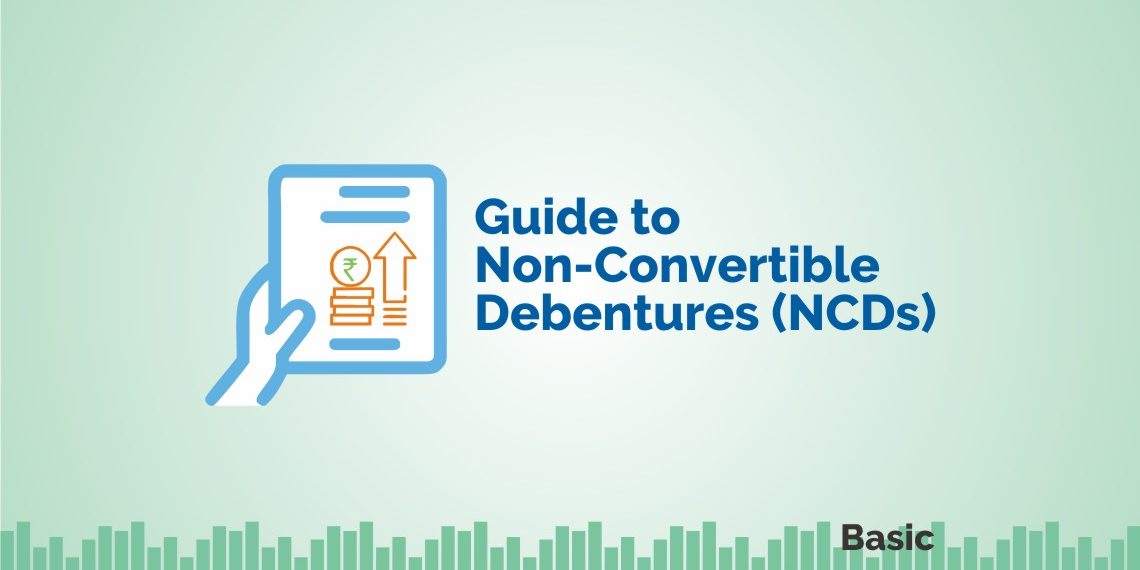

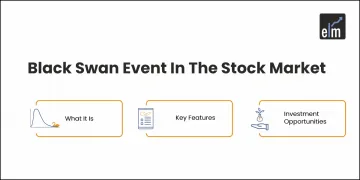

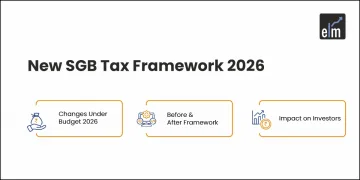
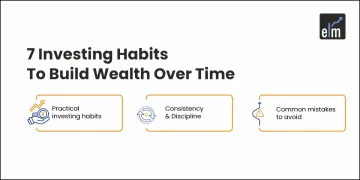


There is noticeably a bundle to know about this. I assume you made certain nice points in features also.
https://finanzcode.de/
Hi,
Thank you for reading!
Keep reading!
Thanks for that! I found this page has some additional content regarding the same topic. Hope it helps the ones who are in search of in-depth information.
Hi,
Thank you for Reading!
Keep Reading
This actually answered my problem, thank you!